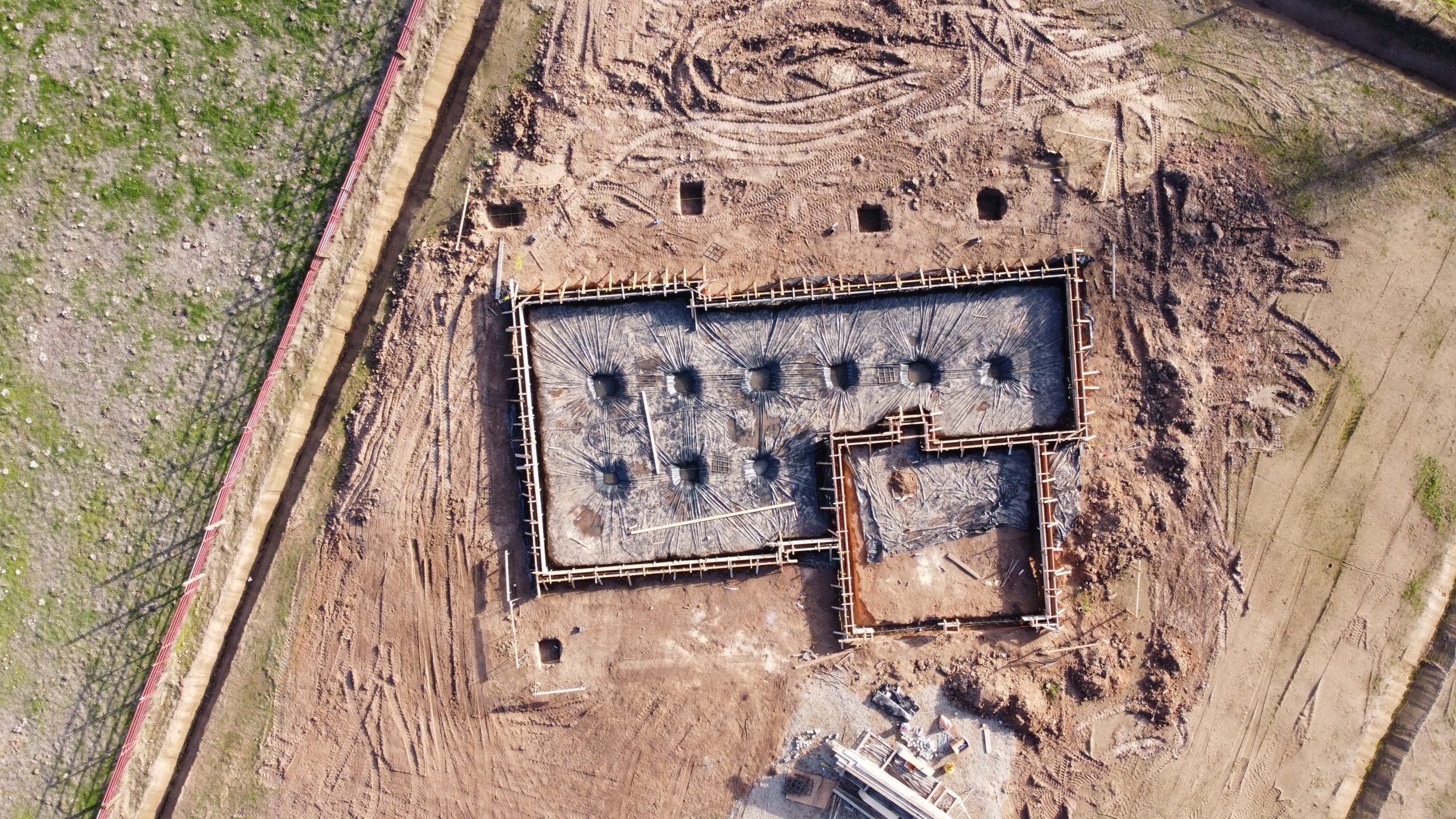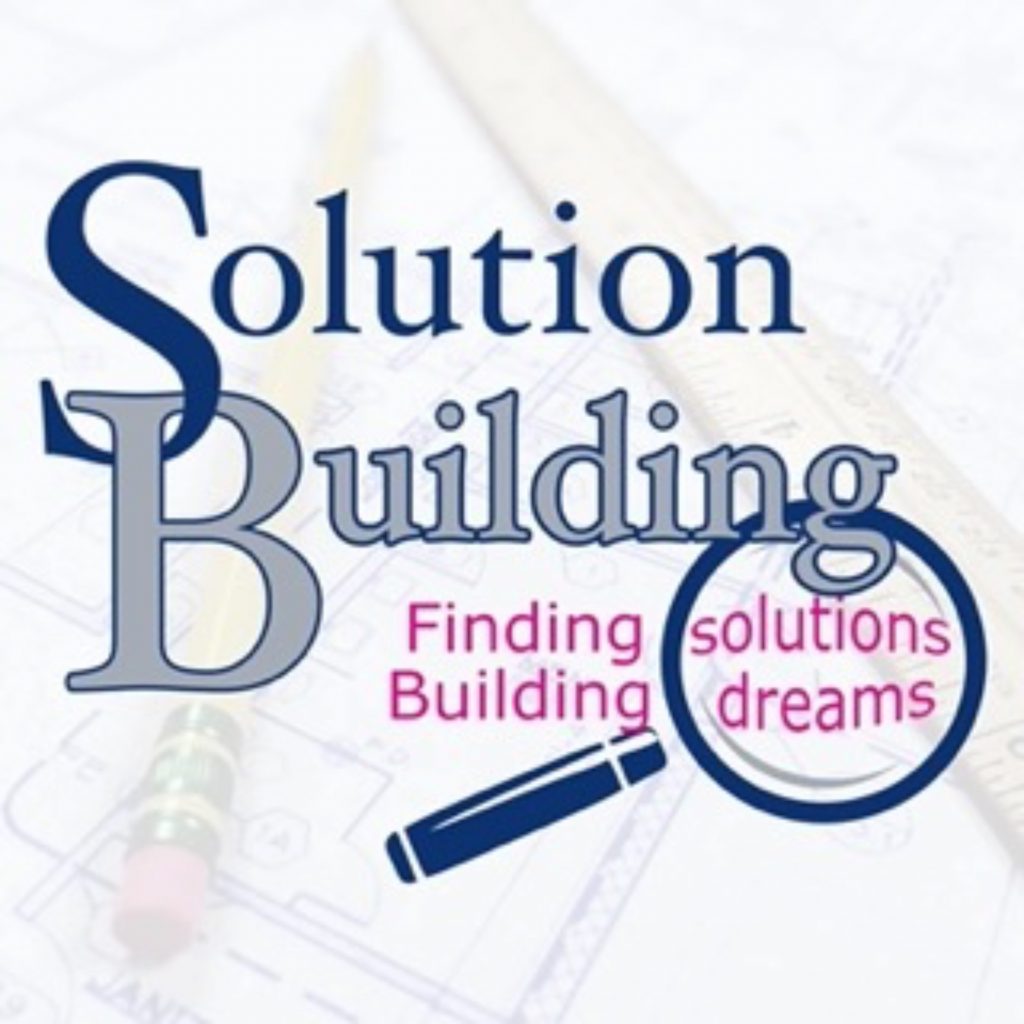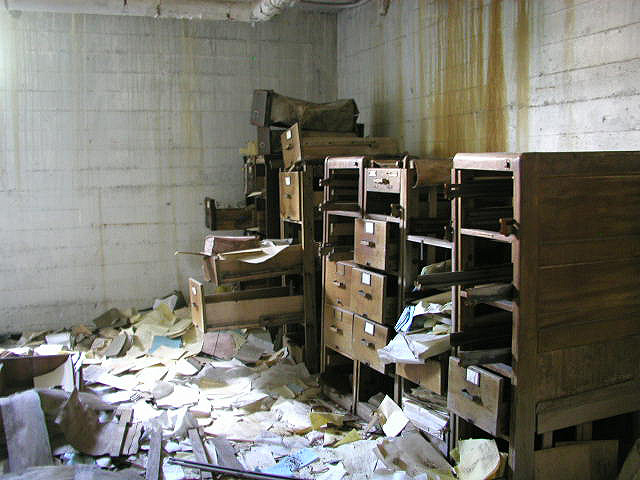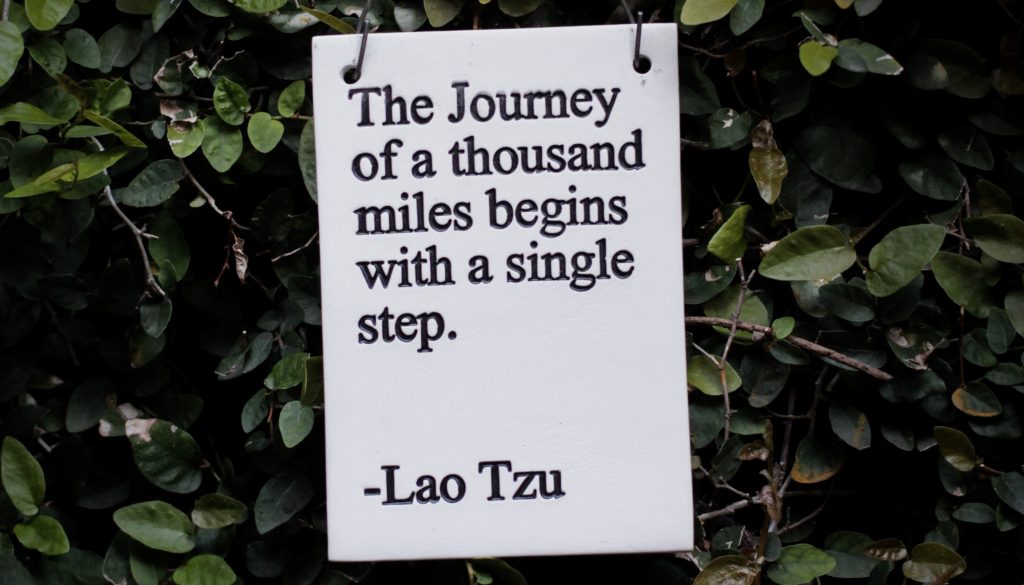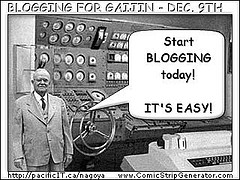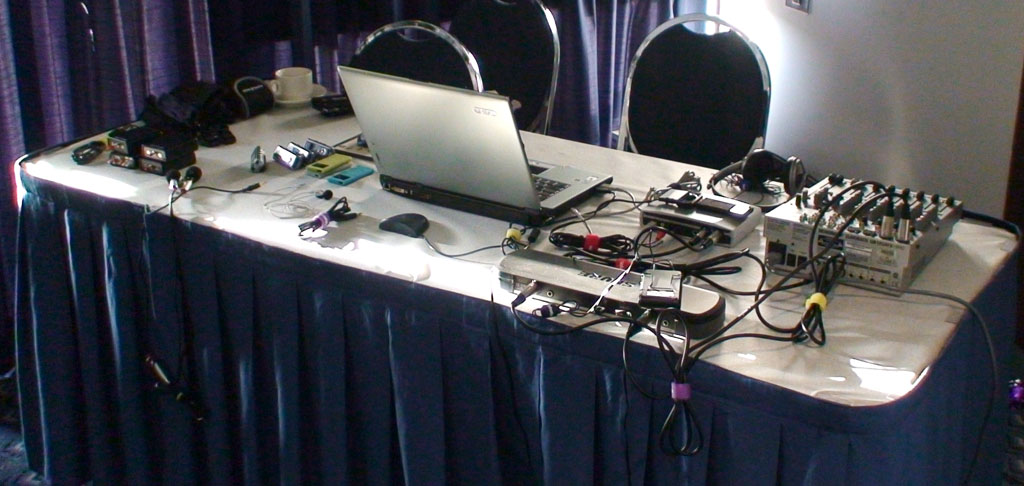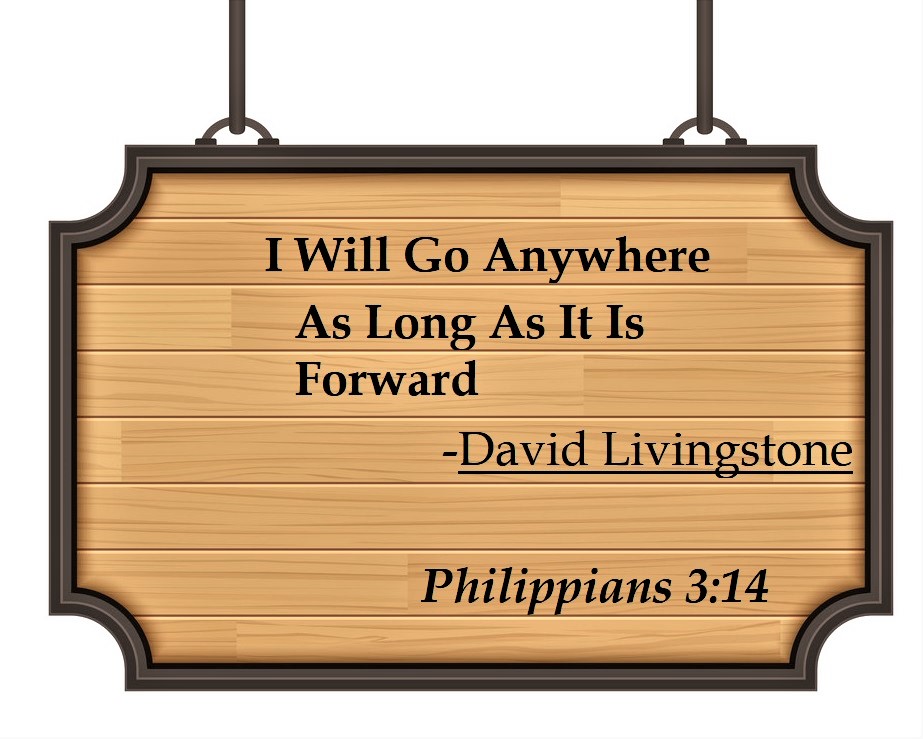Because If You Don’t…It’s Likely to Come Crashing Down Around You

If you own or operate a business, I’m sure you’ve experienced the feeling of your world crashing down around you. There are a variety of different reasons this happens. A few of them may be due to things out of your control. But, more often than not…it’s because of bad decisions we made.
Most of us that are self-employed started out learning our trade as an apprentice working for someone else. This is how I got started. The problem with this is that while I learned how to build a building, I wasn’t taught how to build a business. This is a critical part of why so many businesses don’t survive.
It doesn’t have to be this way if the business is built on a good foundation.
The foundation of a building is made up of two parts, the footing and the foundation. The footing creates an attachment point between the foundation and the soil. The role of a footing is to support a building and help prevent settling.
The foundation is the base of any building structure. The foundation transfers the load from the structure to the footing and also provides resistance from loads exerted on it. If the foundation of a building is inadequate or not maintained, the building will collapse.
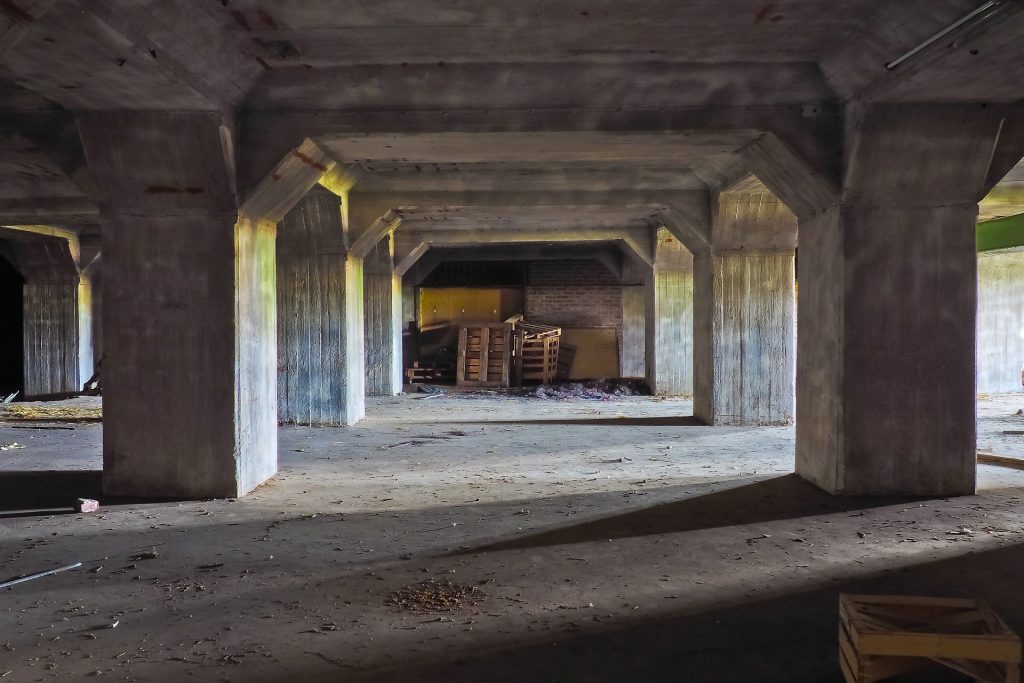
The foundation of a good business is the same. If your business isn’t built on a solid foundation, it will likely collapse.
The footing for your business is who you are. It consists of your purpose, core values and mission. These are the non-negotiables. The things that, when faced with decisions, will be rock solid.
Your foundation is three piers supported by the footing while supporting the business. This is the business systems and operations. These piers are sales/marketing, production/operations and administration/finance.
- Sales/Marketing – Searching for and finding customers that you can help by providing your service and/or product through word of mouth, advertising and awareness. Meeting with potential customers, determining what they want/need and preparation of estimates, proposals and contracts.
- Production/Operation – Organizing, scheduling and maintaining the project or product. Determining who the right people are to preform specific tasks. Knowing the parts that are needed and making sure they fit. Maintaining communication between all parties involved. Upkeep and maintaining facilities and equipment.
- Administration/Finance – The preparation of documents needed to communicate, track and record all aspects of the business. The filling out and filing of income, expense, banking and tax papers. This leg is one of the easiest for ‘trades-people’ to neglect and one of the most important.
For a business to be successful for the long term it is critical to have these three piers in place and to maintain them.
If one or two of these piers get neglected when doing the busy day to day work…the business begins to lean and if not corrected in time, it will collapse.

These three piers are made up of several different pieces. I plan to break these pieces down and explain how they fit together and serve their part in supporting a successful business.
I will start with the Administration/Finance pier, because it is the most often neglected by ‘trades-people’.
It’s up to us as business owners and entrepreneurs to build and maintain our business. If we do this well…everyone benefits.

